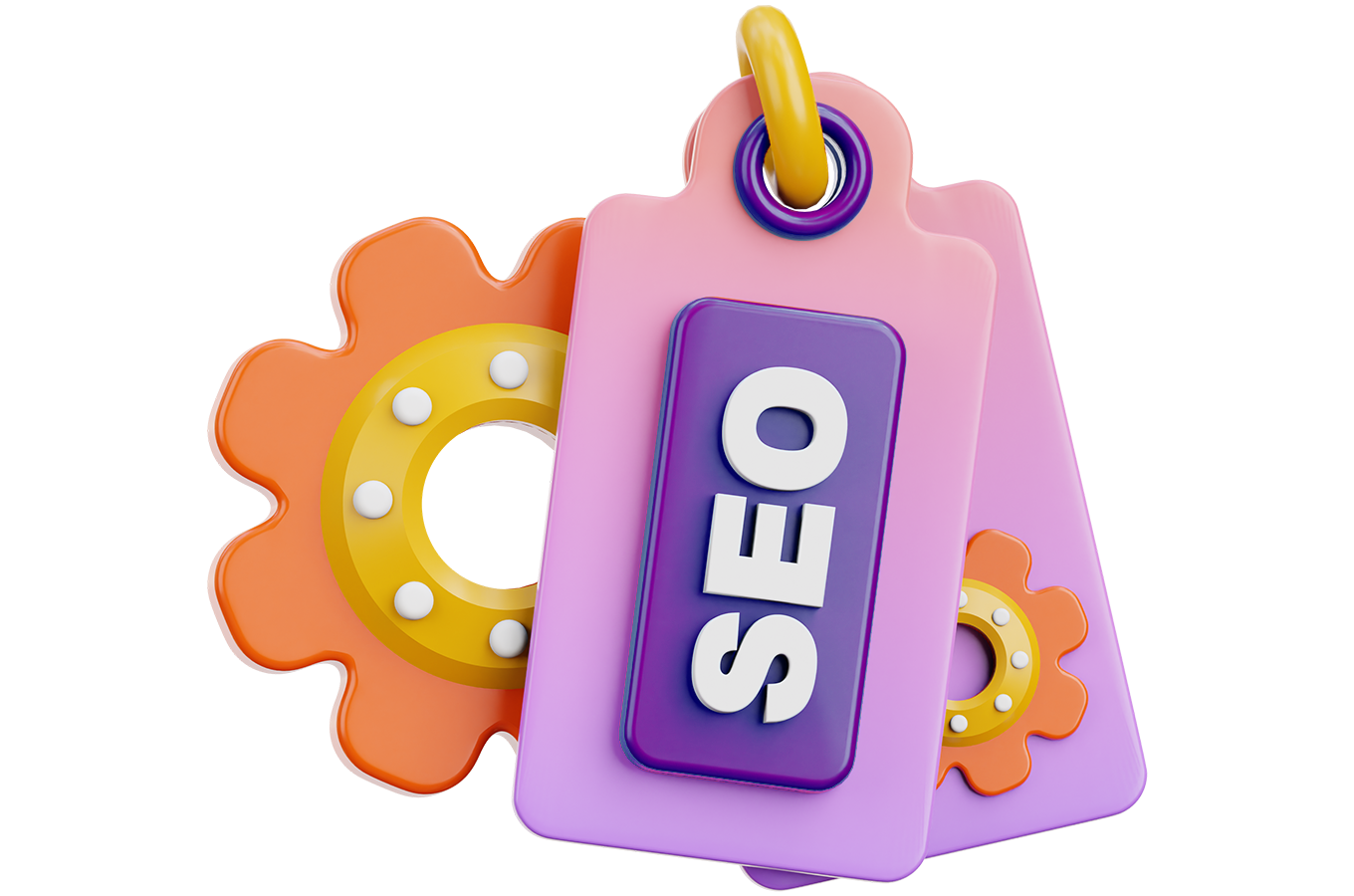
On-page SEO
On-page SEO is the practice of optimizing individual web pages in order to rank higher and earn more relevant traffic in search engines. On-page refers to both the content and HTML source code of a page that can be optimized, as opposed to off-page SEO which refers to links and other external signals.
For those new to on-page SEO, we highly recommend reading our On-Page Ranking Factors. On-page SEO has changed over the years, so it's important to keep up with the latest practices. Below are the latest post about on-page SEO from the Moz Blog, and we have chosen our favorite resources to help you along your journey.
On-Page SEO : The Beginner's Guide to SEO: Everything you need to get started to optimize your pages.
On-Site SEO Learning Center : Our free on-site SEO learning hub. Here, we’ve gathered our top resources in one place.
More than Keywords: 7 Concepts of Advanced On-Page SEO : On-page SEO starts with keywords, but Google uses tons of advanced methods to determine content relevance.
Illustrated Guide to Advanced On-Page Topic Targeting for SEO : A simple framework for on-page topic targeting that produces satisfying content and makes optimizing easy.
What's changed in SEO? : Looking back at a popular Whiteboard Friday, let's see what's changed and what still remains relevant today in SEO.


Weed Out Your Lowest Performing Pages [Panda Strategies]
This morning I set myself a challenge. Using some inspiration from recent excellent ideas, strategies ...
Restricting Robot Access for Improved SEO
Left to their own devices, search engine spiders can generate a whole slew of issues. Are you doing everything you can to guide bots through your website and make the most of each bot visit?
Site Speed - Are You Fast? Does it Matter for SEO?
When Google made their “page speed is now a ranking factor” announcement, it wasn’t a significant new ranking factor but rather that it is significant because it means Google wants to use usability metrics to help rank pages. Your site speed should be a priority as slow sites decrease customer satisfaction and ...
Common URL Related SEO Mistakes
One of the most overlooked issues of on-page optimisation by clients, and even many SEO agencies are guilty of this on occasion, is a website's URL structure. It is almost becoming my first port of call when taking on a new client, as correcting URLs and how they are formed can be one of the quickest wins a site can achieve. A sites URL structure also underpins all future SEO efforts and is fun...
Rel Canonical: Impact on Analytics
There is one topic that relates to the canonical tag that no one is talking about yet. It's impact on Google Analytics. I'm a numbers guy by nature. I check various stats in Analytics every day. I'm always looking for new ways to look at the numbers and new ways to figure out what they're telling me. Yes, they talk to me on occasion.
301 Redirect or Rel=Canonical - Which One Should You Use?
There has been quite a lot of discussion lately about the use of rel=canonical and we've certainly seen a decent amount of Q&A from SEOmoz members on the subject. Dr. Pete of course blogged about his rel-canonical experiment which had somewhat interesting results and Lindsay wrote a great guide to rel=canonical. Additionally, there seem to be a few common problems that are along the following lines
Using Canonical Tag to Get More Than One Anchor Text Value
Some weeks ago my coworker Leandro Riolino published in our blog an experiment he was working with. The idea of the experiment was to try link to a page A from a page B with 3 different anchor texts providing value of all those anchor texts.
Complete Guide to Rel Canonical - How To and Why (Not)
There are a lot of great posts and resources about the rel canonical tag, but they can be hard to identify with a simple search. Even if you break through the clutter and find something truly useful, the current information can be hard to separate from the old. The web has been missing a current top-to-bottom resource on the rel canonical tag. In this post, I’ll do my best to cover it all...
Are Exact Match Domains Too Powerful? Is Their Time Limited?
Last night at the SEOmoz meetup in Avi Wilensky's incredible office space, a frequent topic of discussion both during the presentations/Q+A and in smal...
How to Optimize PDF Documents for Search
PDF documents are often neglected in on-site SEO efforts. I consider that a mistake, as there is actually a large amount of potential in optimizing PDFs. The documents often contain good, unique, high-quality content that can be useful for search visitors. We know that search engines have gotten pretty good at crawling and indexing PDFs, and I personally see them in search results often. So it'...


